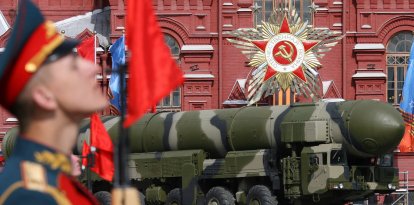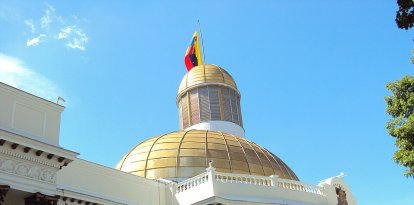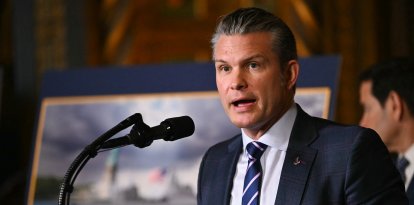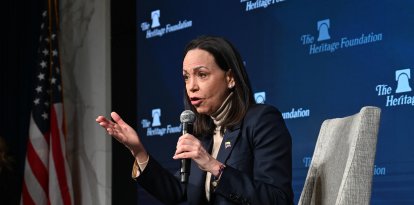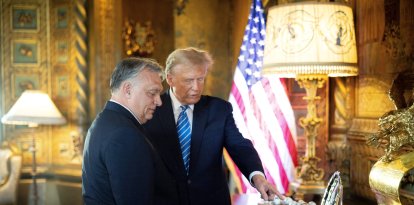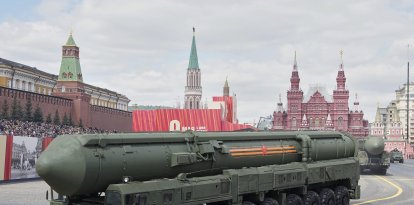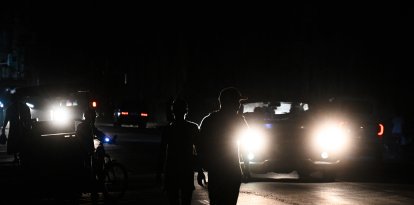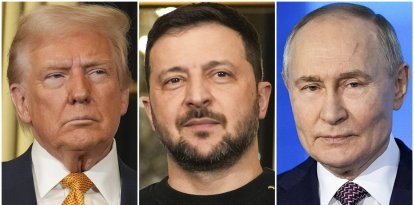Who is Hezbollah leader Hassan Nasrallah, one of the world's most bloodthirsty terrorists?
He became secretary general of Hezbollah in 1992, following the assassination of his predecessor, Abbas al-Musawi, who was killed that year in an Israeli attack. His history is marked by fanaticism, hatred and violent attacks in Israel and around the world.
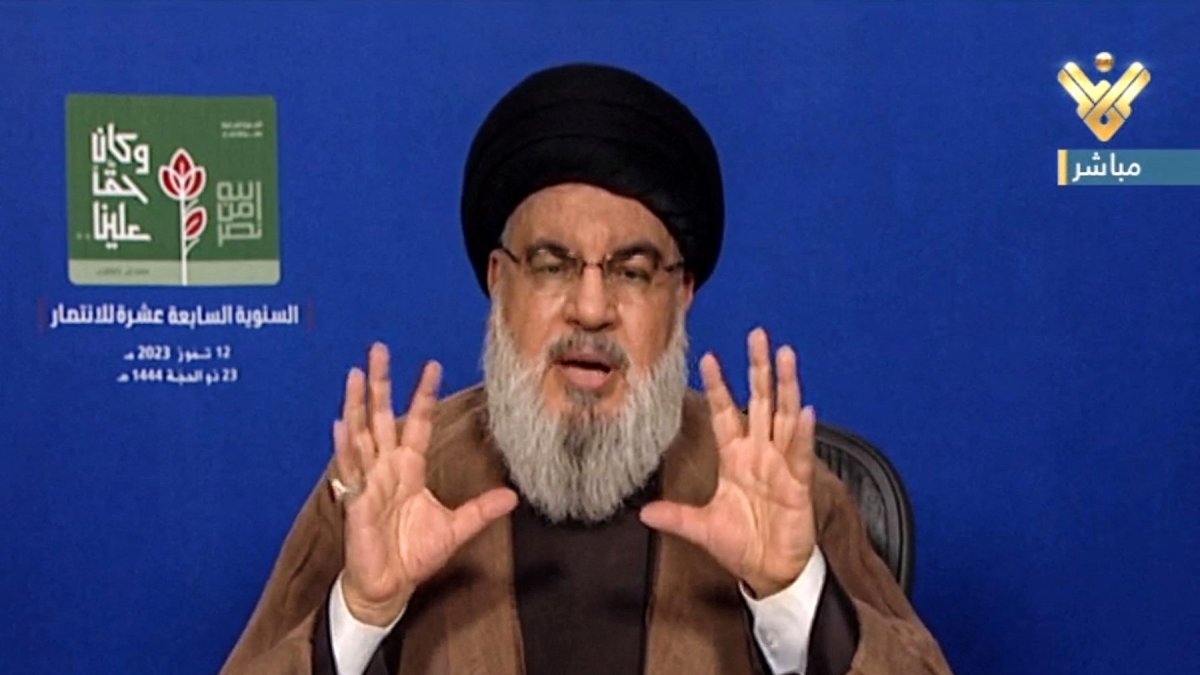
Hassan Nasrallah
*At the time of publication, it was unknown whether the leader of the terrorist group had been killed in the Israeli offensive.
On Friday, the Israel Defense Forces (IDF) carried out an attack targeting Hassan Nasrallah, secretary general of Hezbollah, in Beirut, the capital of Lebanon.
Nasrallah was born into a poor Shiite Muslim family in a Beirut refugee camp and has studied Islam extensively since childhood. He is married to Fatima Yassin and has four children. His eldest son, Hadi, was killed by Israel in 1997, and his body was exchanged for that of an Israeli soldier in a subsequent deal.
At 64, Nasrallah is regarded as a charismatic leader, a powerful orator, making him one of the most important figures in Lebanon and one of the most prominent representatives of radical Islamism.
The terrorist leader has held the post of secretary general of Hezbollah since 1992, following the assassination of his predecessor Abbas al-Musawi, who was killed in an Israeli attack in February of the same year.
When the Lebanese civil war (1975-1990) began, Nasrallah moved with his family to the south of the country and then joined the Shiite Amal political movement.
Nasrallah met Abbas al-Musawi in Iraq as a teenager while he was studying at an Islamic seminary in the city of Najaf. They fled the country in the late 1970s for fear of the Iraqi government.
After returning from Iraq, Nasrallah began teaching Islam at a religious seminary founded by Musawi, where he began to gain popularity among many.
After the First Lebanon War broke out in 1982, during which Israel fought against various terrorist groups, such as the Palestine Liberation Organization (PLO) and Hezbollah, Syria allowed the arrival of Iran's Revolutionary Guard in Lebanon. The Iranians then began efforts to transform Lebanon into an Islamic republic.
Nasrallah later left the Amal movement to join the Iranian Revolutionary Guard, following in Musawi's footsteps, and became the commander of this branch of the Iranian armed forces in the Bekaa Valley of eastern Lebanon.
Then Hezbollah emerged, formed by a contingent of the Iranian Revolutionary Guard, and Nasrallah became one of its key figures.
As mentioned, Musawi, who had taken over as secretary general of the terrorist group in 1991, was killed by the forces of the Jewish State in 1992, so Nasrallah took his place.
Once in command of Hezbollah, Nasrallah directed a series of attacks on Israeli soil and around the world, such as the attacks against the Israeli embassy in Buenos Aires, Argentina, in 1992, which left 22 dead and hundreds wounded. Two years later, it attacked the Argentine Israelite Mutual Association (AMIA) in the same city, which left 85 dead and 176 wounded.
In 1985, following Israel's withdrawal from most of the Lebanese territory it had occupied after the 1982 war, Hezbollah continued its attacks against the IDF and the South Lebanon Army, a Christian militia allied with the Jewish State. After the complete withdrawal of Israeli forces from Lebanon in 2000, Nasrallah was hailed a hero in much of the Arab world.
In July 2006, Hezbollah carried out an attack killing three Israeli soldiers. Two others were kidnapped (and later killed), sparking the Second Lebanon War. On that occasion, Nasrallah remained in hiding but continued to broadcast televised speeches.
Since the end of that war, Iran has been strengthening Hezbollah by providing arms, and until last year, there had not been many direct confrontations between the radical Shiite organization and Israel. However, following the October 7 massacre, the terrorist group has launched a series of attacks against the Jewish state, prompting Israel to carry out several counter-offensives, particulary in recent weeks, resulting in the deaths of some of Hezbollah's top commanders.














